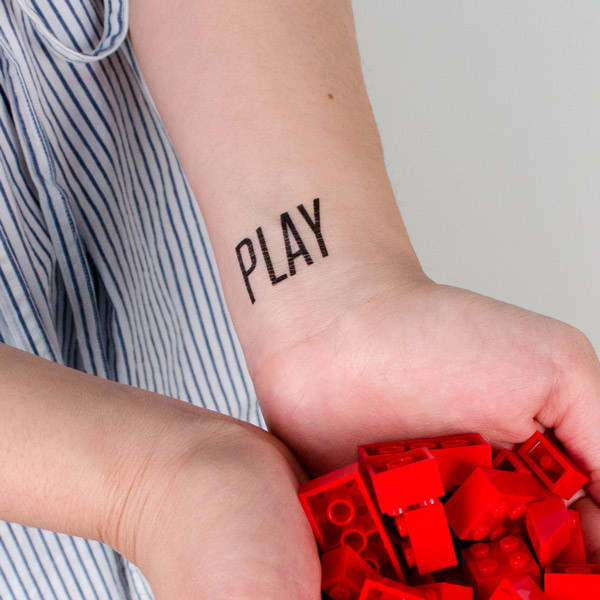
I first began to gamify my day to maximize productivity when I worked a job that required me to be at a desk for the full 10-hour workday. My boss was too busy to notice that I'd cleared my day's to-do list, and it was demotivating to spend the afternoon messing around on Facebook, so I started inventing alternate workflows for various team members that would save them time on common tasks.
[contextly_auto_sidebar id="6vcmCyeYSBPGRas9rI8whKhoUHrrWpio"]
I'd ask each team member questions about his or her workflow -- sometimes even watching over their shoulder as they did common tasks -- and went back to my desk to figure out how I could perform the same task better and faster. It was like a puzzle to me, figuring out what elements belonged where, and in what order.
My next big gamification mission happened while I was a freelancer, and my output had direct ties to my income. I figured out first how to double my production (and thus my income), then how to cut my workweek in half while maintaining the same income. This first iteration took two years.
Then I tried it again: find ways to double my income, even if that meant expanding my workweek again. Then I focused on finding ways to cut my workweek in half.
Why I gamify
Gamification and competition come naturally to me. I didn't realize until later that most people do as they're told. They perform as they've been trained, and improve only after someone shows them a different way.
I worked that way too, for a little while, and then the urge started, just as it always does. The urge to do something better, or faster, or more effectively. The burning feeling in the pit of my stomach that says, "There's a better way to do this... you just haven't found it yet."
If you want to learn how I do this, step by step, REBEL.
What do you play for?
When I first graduated college, it was all about income. Creating revenue streams while pursuing my passions.
As I've grown older, the game's changed. Now I'm looking to improve my health, increase my satisfaction with life and overall fulfillment, build great relationships, and still have a great income.
And the path to all of these things, for me, is gamification. How quickly and effectively can I complete my day? How many times a week can I have a quality workout? How much time can I devote to fostering the great friendships I'm grateful to have?
Some people think that gamification always means keeping score. Sometimes, though, scorekeeping isn't with numbers, but with the depth of feeling and emotion.
Exhausted and ready to sleep when I climb into bed. Satisfaction and pride reflecting on a day full of hard work done well.
If you made a habit of continuous improvement, what would that be worth to you? To your career? To your health? To your family?








